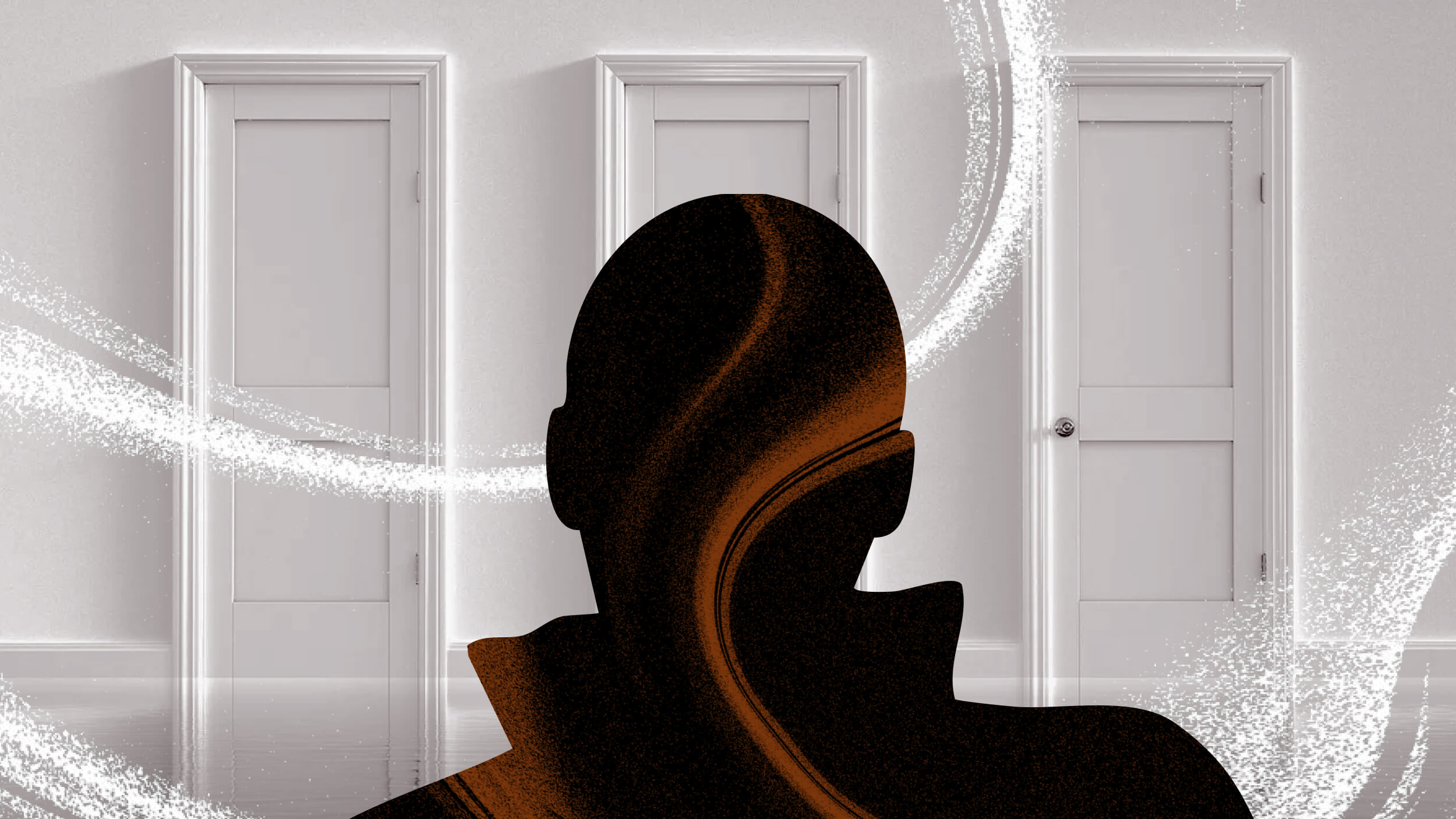Are those who seek power inherently unethical? And how can the rest of us avoid being manipulated by them?
Question: Is there something inherently unethical about seeking power?
Robert Greene: It depends. Ethics and power are separate. That’s why I separated them. Ethics and morality, I’m not saying that’s a bad thing. I think life would be miserable if there weren’t some kind of code that people operated by, but history is full of many, many people who have gotten power by very unethical means, people who were very ethical who get no power, people who have the most brilliant, lovely, wonderful, nice intentions and bring about horrible things in the world because they don’t know how to play the power game. The two are separate. They don’t really intersect at any point. I talk in The 33 Strategies of War, I use Mahatma Gandhi as one of the examples I look at, and he was obviously a very ethical man. I’m not ever going to deny that, but he used strategy when he tried to take on the British and get them out of India. This was a man who was extremely clever, who understood England very well. He had lived there. He understood its weaknesses, its vulnerabilities, and he attacked them in an extremely strategic manner. If he had been just simply a good, ethical man and thought that was enough, nothing would have happened. So I wanted to write a book about power. I want to write a book about seduction or about warfare and strategy. I want to focus on them as intensely and deeply as possible. I want to reveal to the reader all of the things that people in history have done, some of it dastardly, some of it not so dastardly. And then I treat the reader like an adult. It’s up to you. If you’re already somebody who has issues and problems the book might push you more in that direction. I don’t know, but you’re probably going to be doing those things anyway. I find with most of my readers are kind of like me, sort of people who were a little bit naïve in life and then learned the hard way that this is what’s going on, the political games and most of my readers write to me telling me that the book helped them open their eyes to what other people are doing to them.
Question: How can you tell if you’re dealing with a conscious manipulator?
Robert Greene: Everything depends on circumstance. A lot of people are obvious. Right away you can tell that they’re after something from you, but most people are tricky. Most people are passive aggressive in this world. I have this idea that the human being is born with a kind of reservoir of aggression. We are inherently somewhat aggressive creatures and we either channel that in direct ways or we channel it in indirect ways and we become passive aggressive and more and more people nowadays are passive aggressive, so months can go by and you’re not realizing that they are these sort of slippery snakes and I mean we’re all passive aggressive to some extent. We can’t help it, but some people just take it to another limit and there are ways you can recognize when you’re dealing with it. I give hints throughout my books. An example would be you enter a job or a new position somewhere and there is somebody who is suddenly extremely nice to you and you don’t know why. They’re flattering you. They’re praising you. They’re listening to everything you say. They want to know what you’re doing. They’re desire to be a friend is too fast. Usually you’re dealing with someone that’s up to something. This is a tactic they have used in life to get something from you. They’re winning your confidence over. They’re learning about you and they’re going to probably eventually betray you because if someone is genuine with their emotions they generally take time. Everybody is a little bit distrustful and needs to know… learn about the other person. These types that are glomming onto you right away they’ve got some kind of emptiness inside on they’re playing some kind of game and you need to be very wary of them. So the flatterers, the overt flatterers are usually hiding some kind of manipulation. I mean there are people who are genuinely like that or who have a need because they’re insecure to do that and then maybe you don’t have to worry about them. I don’t want to promote paranoia in my books. It’s not like wow, everybody is after me. You know that’s not going to be very powerful. A person like Stalin was like that and he was powerful, but it ended up completely destroying him because he couldn’t trust anyone. The idea is to be smart and not be so naïve and there are people around you who are probably playing passive aggressive games and they give off signals. You know I gave you one idea. There are many.
Recorded on December 14, 2009
Interviewed by Austin Allen






